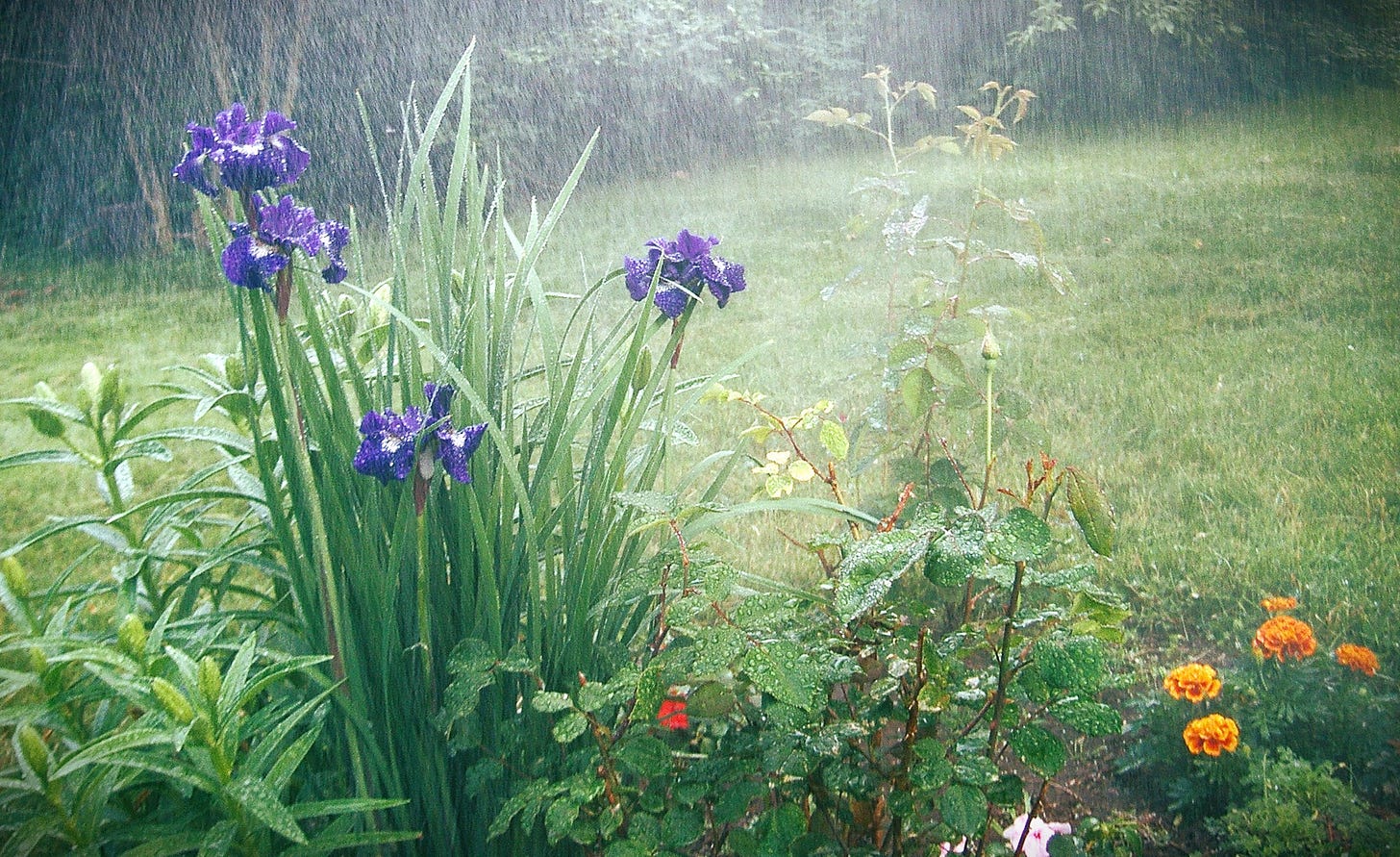For 40 years, Quiller-Couch’s The Oxford Book of English Verse, 1250-1900, has stood upright upon my coffee table so that I might peruse it, virtually every morning, to delight in, to admire, to edify.
How could I have skipped over George Crabbe? Who, you say? An English poet much loved by my all-time poetic idol, George Lord Byron.
Read the excerpt below aloud and hear for yourself what real poetry sounds like — not the Ginsbergian howl or the clumsy-fisted Pound clattering which mocks poetry with its antithesis or its incompetent pseudolatry — but sonorous, musical, lyrical and natural language that instructs as it entertains.
An excerpt from Burials, published in POEMS BY THE REV. GEORGE CRABBE, LL.B., London (1808).
Next died the Lady who yon Hall possess’d;
And here they brought her noble Bones to rest.
In Town she dwelt;—forsaken stood the Hall.
Worms ate the Floors, the Tap’stry fled the Wall:
No Fire the Kitchen’s cheerless Grate display’d;
No cheerful Light the long-clos’d Sash convey’d!
The crawling Worm that turns a Summer-fly,
Here spun his Shroud and laid him up to die
The Winter-death:—upon the Bed of State,
The Batt shrill-shrieking woo’d his flickering Mate:
To empty Rooms the Curious came no more,
From empty Cellars turn’d the angry Poor,
And surly Beggars curs’d the ever-bolted Door.
To one small Room the Steward found his way,
Where Tenants follow’d to complain and pay;
Yet no complaint before the Lady came,
The feeling Servant spar’d the feeble Dame;
Who saw her Farms with his observing Eyes,
And answer’d all Requests with his Replies:—
She came not down, her falling Groves to view;
Why should she know, what One so faithful knew?
Why come, from many clamorous Tongues to hear,
What One so just might whisper in her Ear?
Her Oaks or Acres, why with care explore;
Why learn the Wants, the Sufferings of the Poor;
When One so knowing all their Worth could trace,
And One so piteous govern’d in her Place?
Lo! now, what dismal Sons of Darkness come,
To bear this Daughter of Indulgence home;
Tragedians all and well arrang’d in Black!
Who Nature, Feeling, Force, Expression lack;—
Who cause no Tear, but gloomily pass by,
And shake their Sables in the wearied Eye,
That turns disgusted from the pompous Scene,
Proud without Grandeur, with Profusion, mean!
The Tear for Kindness past Affection owes;
For Worth deceas’d the Sigh from Reason flows;
E’en well-feign’d Passion for our Sorrows call,
And real Tears for mimic Miseries fall:—
But this poor Farce has neither Truth nor Art,
To please the Fancy or to touch the Heart;
Unlike the Darkness of the Sky, that pours
On the dry Ground its fertilizing Showers!
Unlike to that which strikes the Soul with dread,
When Thunders roar and forky Fires are shed;
Dark but not aweful, dismal but yet mean,
With anxious Bustle moves the cumbrous Scene;
Presents no Objects, tender or profound,
But spreads its cold unmeaning Gloom around.
When Woes are feign’d, how ill such forms appear,
And oh! how needless, when the Woe’s sincere.






